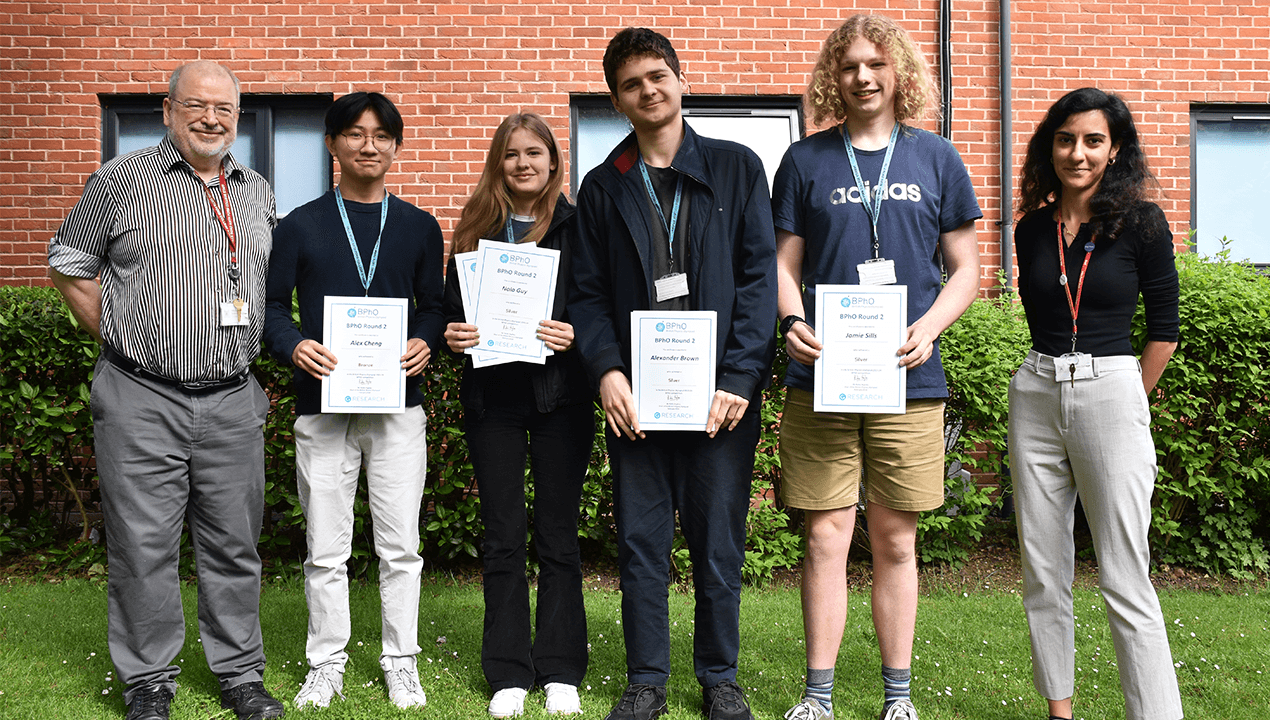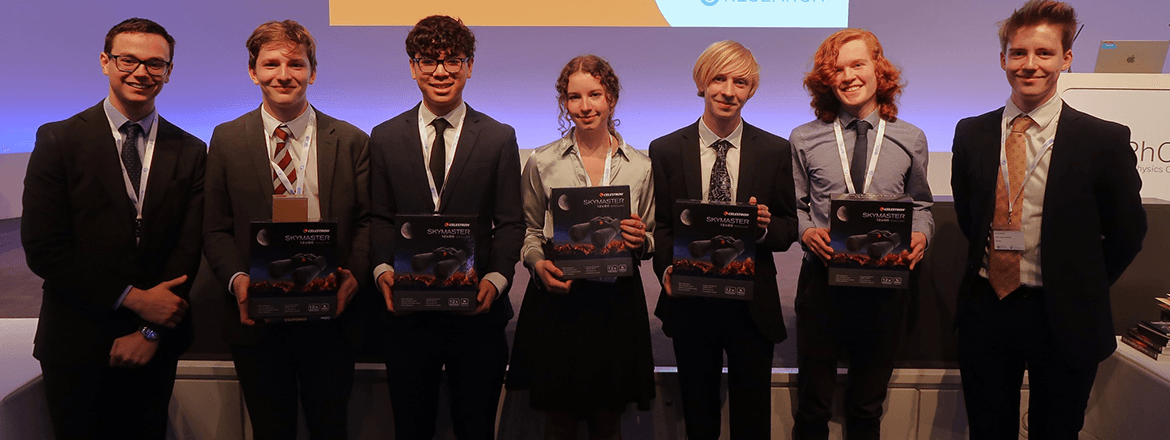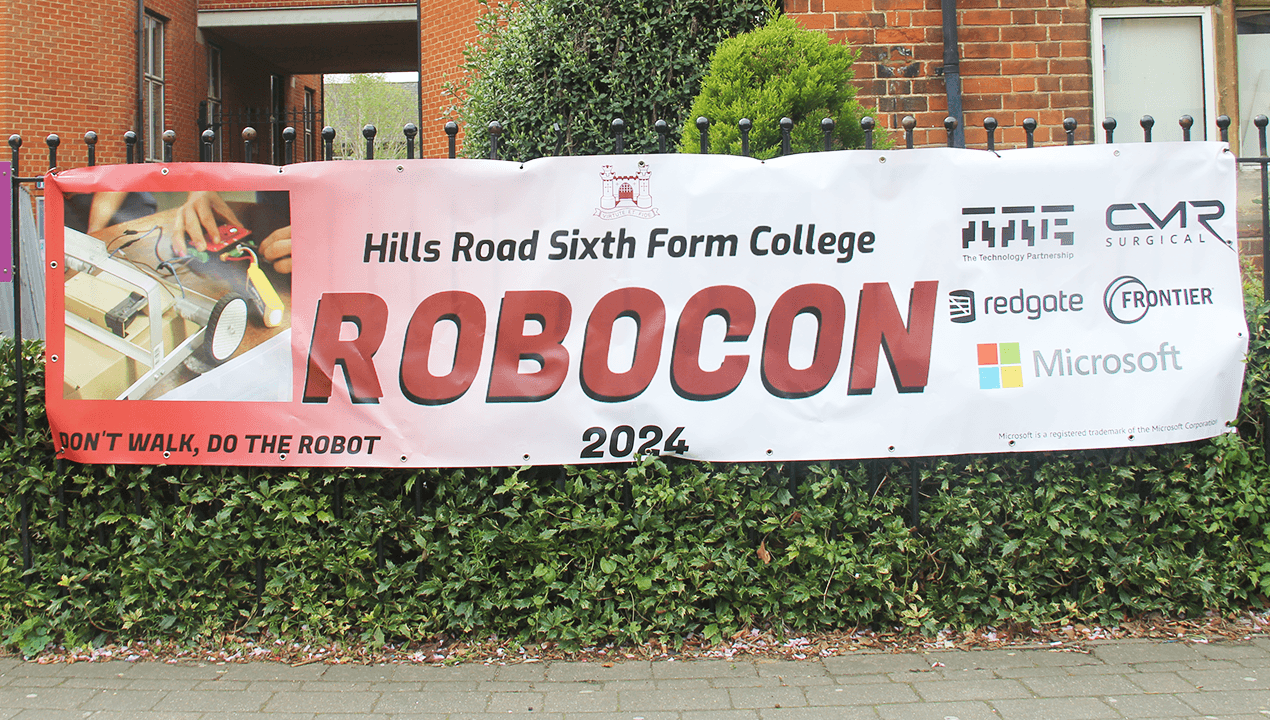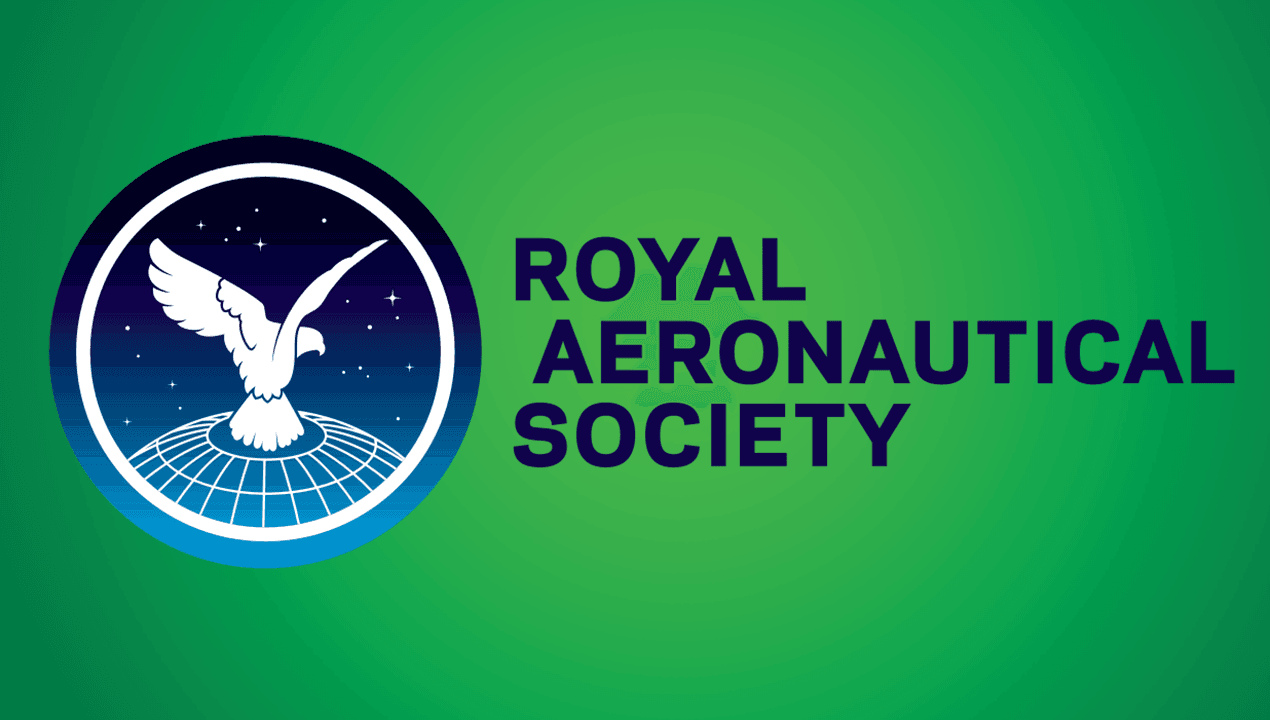
More students succeed in joining International Olympiad teams!
Congratulations to Mali Jongman-Rios and Ben Woodrow for being selected to represent the UK in two different international Olympiad competitions.
Published on 24/07/2023

Hills students join International Olympiad teams!
Mali will be competing in The International Physics Olympiad (IPhO) and Ben will be entering The International Olympiad for Astronomy and Astrophysics (IOAA).
This incredible news comes shortly after two other Y13 students, Julia Volovich and Robert Halliday, were selected to compete in international Olympiad competitions.
The International Olympiad for Astronomy and Astrophysics
The International Olympiad for Astronomy and Astrophysics started back in 2007 in Chiang Mai, Thailand to commemorate the 80th birth anniversary of King Bhumibol Adulyadej of Thailand. This year, the competition will take place in Chorzow, Poland.
The International Physics Olympiad
The International Physics Olympiad is the World Championship Competition for college students that is held in a different country each year. The first IPhO was held in Poland in 1967 and this year it will take place in Tokyo, Japan. Over the years, the competition has expanded to include participants from over 80 countries from five continents.
Our questions for Ben and Mali
We sat down with Ben and Mali to ask about their recent success and gain an insight into what will happen at this year’s International Physics and Astrophysics Olympiad.
Mali: The BPhO runs several competitions throughout the year starting with round one in November. I was then selected to take part in round two, which comprises of a three-hour long paper, from which 12 students were invited to Oxford for the round three Easter training camp.
During this final stage, we listened to physics lectures from 9 am to 9 pm and sat various experimental exams to assess our practical skills, along with a final one-hour theory exam. The team leaders then analysed the results and selected a team of five students plus a reserve to represent the UK at the International Olympiad competition.
Ben: The process to compete in the IOAA is the same for the physics Olympiad. However, during the final stage in Oxford they run two camps in parallel, and I was invited specifically for the astrophysics one.
Over the week, we had sessions on a variety of astrophysics topics, including celestial mechanics, stellar evolution, optics, and cosmology. At the end, we sat two exams based on the content we covered during the camp. The first of these was a three-hour theoretical paper, and the second was a two-hour data analysis paper. Based on our scores in the two papers, they chose five of us for the team.


